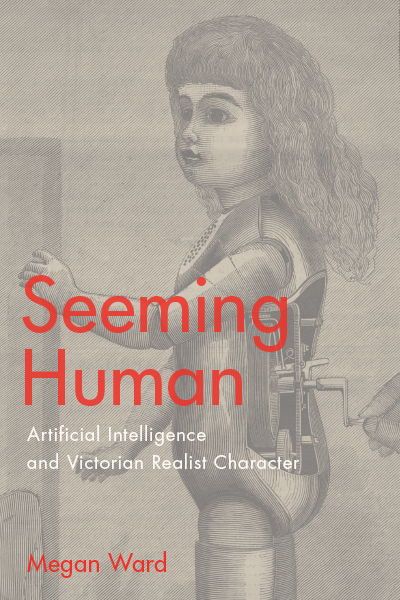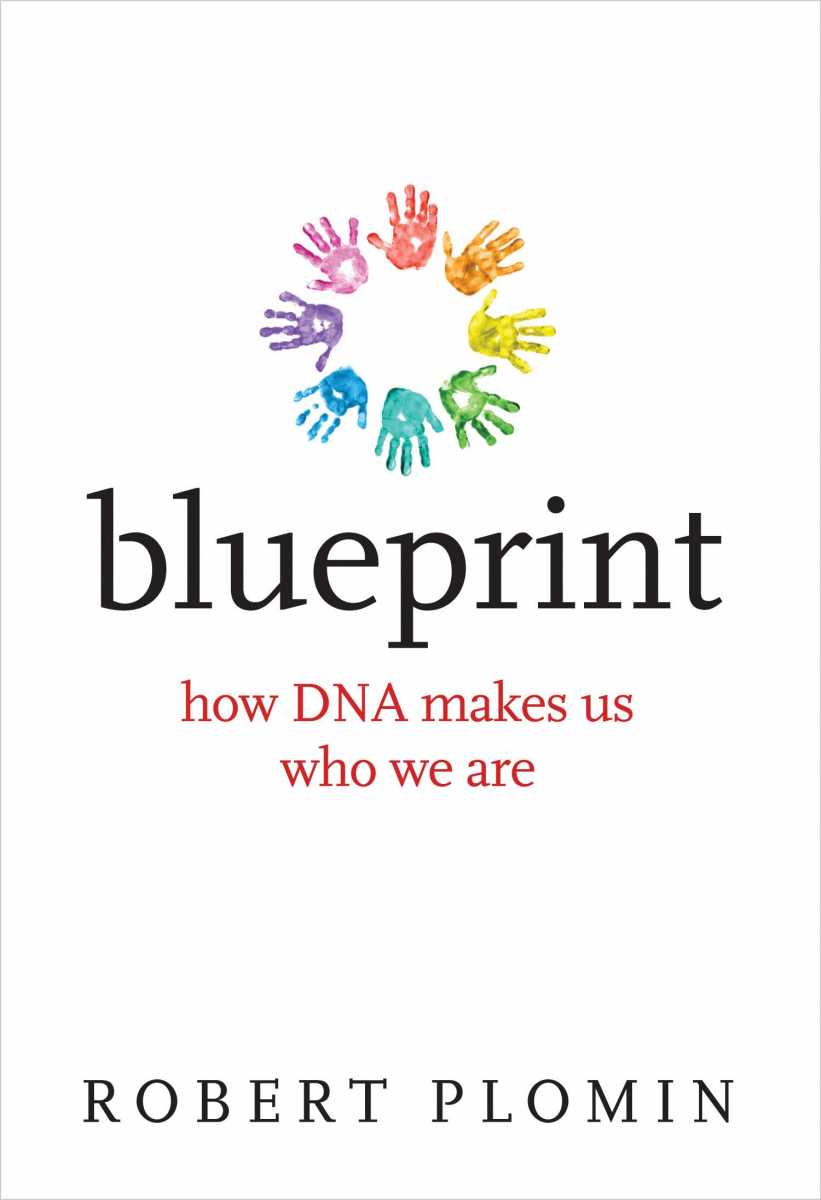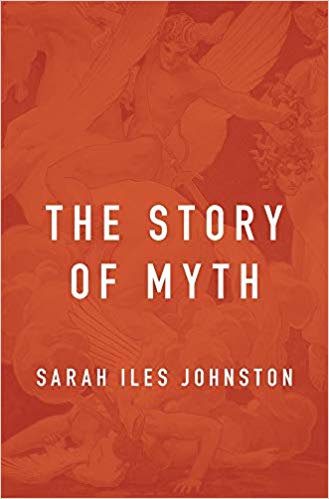Take a break with a book from the New Book shelf at Howe Library, like these titles below.
Patricia Miller

"In her full-length debut, journalist Miller dusts off a long-forgotten scandal that gripped the nation’s capital in the late 19th century, expertly revealing it as 'an important chapter in the history of the social, political, and sexual emancipation of women.' Madeline Pollard, a young woman with no social standing, sued prominent Kentucky congressman William Breckinridge in 1894 for breach of promise. Miller seamlessly weaves in the stories of other unmarried women connected to the case, illuminating how and why, by the 1890s, attitudes about women and sexuality were changing enough to give Pollard a chance at victory. The story’s momentum slows when Miller recounts the trial, though she pops in enough courtroom surprises and insightful analyses to keep it from collapsing. This book will enthrall readers interested in women’s and political history" - Publisher's Weekly
Megan Ward

"Seeming Human: Artificial Intelligence and Victorian Realist Character offers a new theory of realist character through character’s unexpected afterlife: the intelligent machine. The book contends that mid-twentieth-century versions of artificial intelligence (AI) offer a theory of verisimilitude omitted by traditional histories of character, which often focus on the development of interiority and the shift from “flat” to “round” characters in the Victorian era. Instead, by reading character through AI, Megan Ward’s Seeming Human argues that routinization, predictability, automation, and even flatness are all features of realist characters." - The Ohio State University Press
Blueprint: How DNA Makes Us Who We Are
Robert Plomin

"In Blueprint, behavioral geneticist Robert Plomin describes how the DNA revolution has made DNA personal by giving us the power to predict our psychological strengths and weaknesses from birth. A century of genetic research shows that DNA differences inherited from our parents are the consistent life-long sources of our psychological individuality—the blueprint that makes us who we are. Plomin explores the implications of this, drawing some provocative conclusions—among them that parenting styles don't really affect children's outcomes once genetics is taken into effect. Neither tiger mothers nor attachment parenting affects children's ability to get into Harvard. After describing why DNA matters, Plomin explains what DNA does, offering readers a unique insider's view of the exciting synergies that came from combining genetics and psychology." - The MIT Press
Sarah Iles Johnston

"By drawing on work in narratology, sociology, and folklore studies, and by comparing Greek myths not only to the myths of other cultures but also to fairy tales, ghost stories, fantasy works, modern novels, and television series, The Story of Myth reveals the subtle yet powerful ways in which these ancient Greek tales forged enduring bonds between their characters and their audiences, created coherent story-worlds, and made it possible to believe in extraordinary gods. Johnston captures what makes Greek myths distinctively Greek, but simultaneously brings these myths into a broader conversation about how the stories told by all cultures affect our shared view of the cosmos and the creatures who inhabit it." - Harvard University Press
